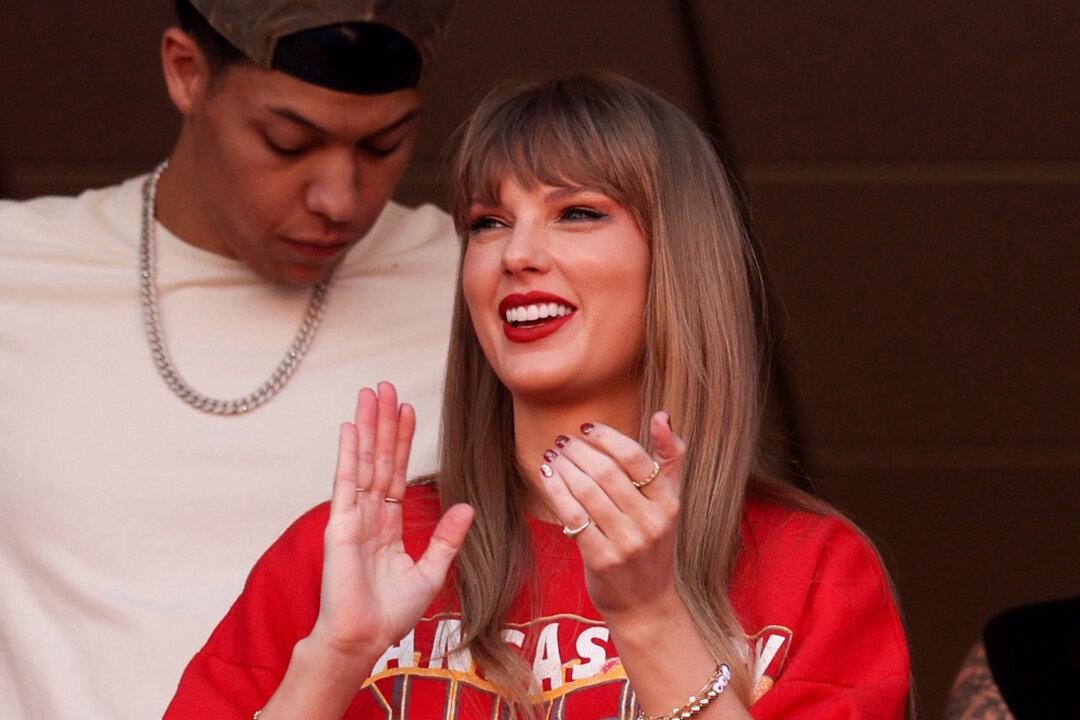Commentary
Model, television host, and best-selling cookbook author Chrissy Teigen is the newest epicenter of the red-hot controversy over cyberbullying and “cancel culture”—those relentless attacks on social media that can result in someone’s losing a media platform, business, or career because of something said or done that offends the swarms of attackers





